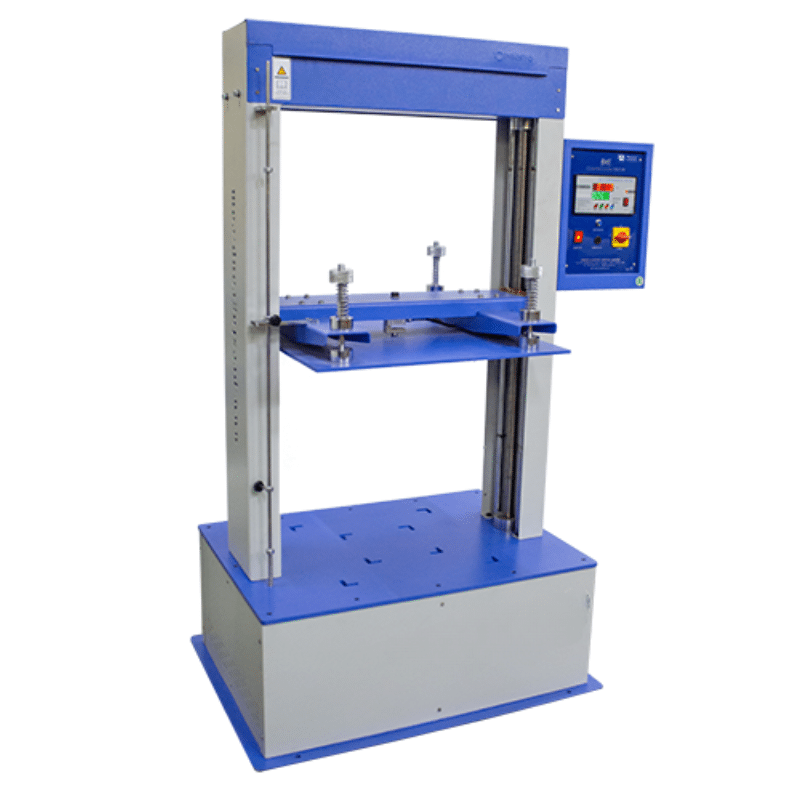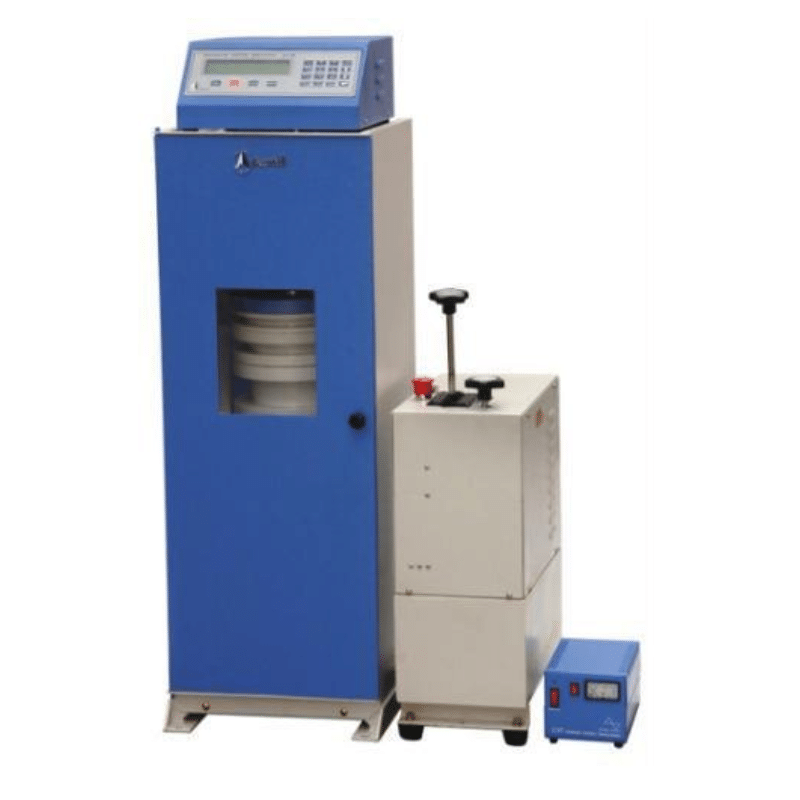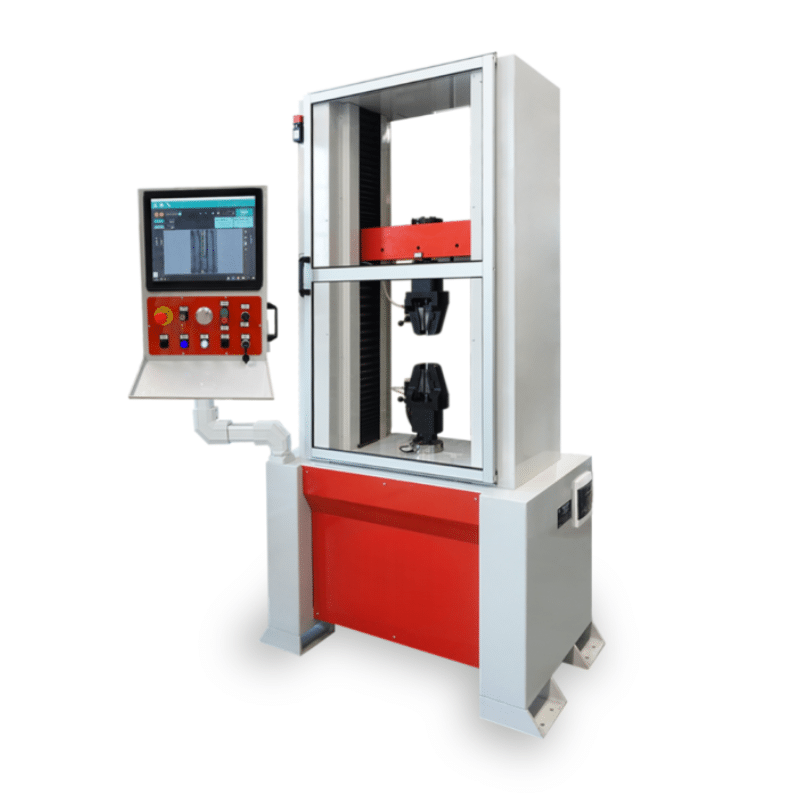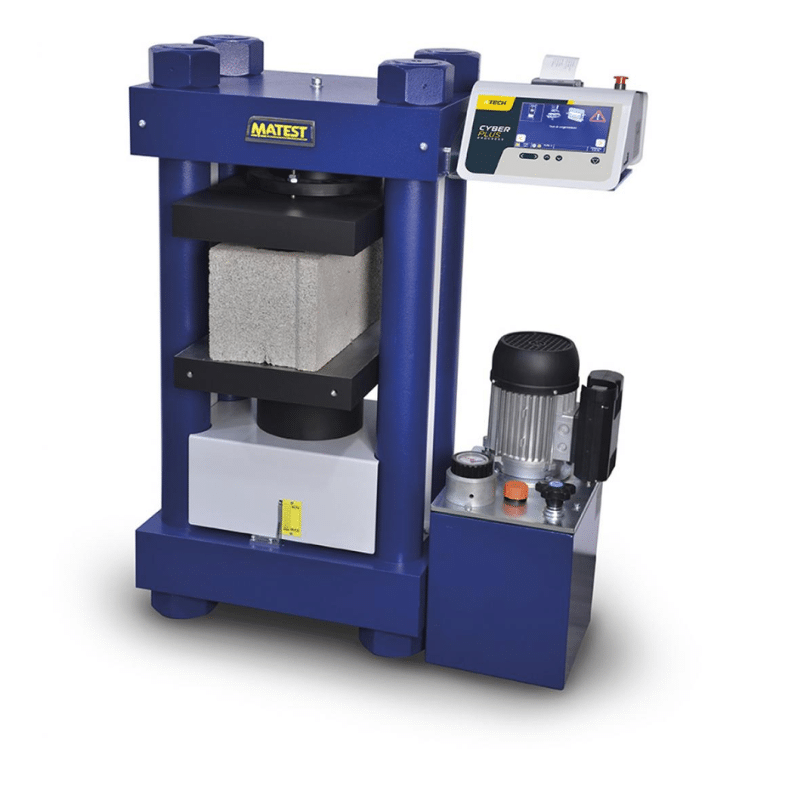Compression Testing Machine
Home » Test Machines » Compression Testing Machine
The compression testing machine evaluates the strength and durability of materials subjected to pressure. Being of common industrial use, it carries out compression tests accurately upon materials. Trusted and well-regarded compression testing machine manufacturers, especially in China, provide competent solutions for safeguarding material performance and quality standards.
Get Information on Spaghetti Production Line Manufacturers
Find Your Compression Testing Machine
Compression testing machine is a vital tool in the area of material testing, wherein it is applied for various purposes, including determining the compressive strength of materials and the way they behave under loading. The machines are meant for compressive force testing as well as tensile testing, depending on the need-for-an accurate determination of the performance of a given material under stress. Industries feel the vital importance of learning about the compression testing machine working behind their products, so as to test their reliability. The calibration of compression testing machines is very important for their accurate measurement of standards. The testing of materials affords data that are used in research and development of materials themselves or for quality control so that their products can be efficiently designed and safely used.

- Accurate measurement of material compressive strength.
- Suitable for various construction materials testing.
- High precision load cell technology.

- Reduces human error in testing procedures.
- Enhances testing efficiency and consistency.
- Supports unattended, automated operation.

- Provides highly accurate digital readings.
- Intuitive operation via digital controls.
- Saves data for future analysis and reporting.

- Handles multiple types of material testing.
- Sturdy construction for long-term usage.
- Ideal for industrial and laboratory applications.

- Ensures precise electronic pressure readings.
- Advanced electronic load monitoring system.
- Compact design for laboratory environments.

- Specially designed for testing pellet strength.
- Unique tools for pellet-specific testing.
- Adjustable settings for varied pellet sizes.
Compression Testing Machine Technical Parameters
| Specification | Compression Strength Testing Machine | Automatic Compression Testing Machine | Digital Compression Testing Machine |
|---|---|---|---|
| Maximum Load Capacity | 2000 kN | 3000 kN | 2000 kN |
| Operation Type | Manual | Automatic | Digital |
| Display Type | Analog Gauge | Digital Screen | Touchscreen LCD |
| Data Storage | No | Internal Memory | Internal + USB Export |
| Suitable Material Types | Concrete, Brick, Stone | Concrete, Mortar, Cubes, Cylinders | Concrete, Steel, Custom Materials |
| Power Requirement | None (Manual Operation) | 220V/50Hz | 220V/50Hz |
| Additional Features | Highly Durable Frame | Programmable Settings | Real-time Data Graphing |
| Specification | Universal Compression Testing Machine | Electronic Compression Testing Machine | Pellet Compression Testing Machine |
|---|---|---|---|
| Application | Suitable for testing a wide range of materials including concrete, metals, and ceramics. | Ideal for testing building materials, plastics, and composites. | Specifically designed for testing the compressive strength of pellets. |
| Load Capacity | Up to 3000 kN | Up to 2000 kN | Up to 50 kN |
| Control System | Hydraulic with manual or digital control. | Fully digital electronic automation. | Digital with precision controls. |
| Display | Analog or digital display options. | High-resolution LCD/LED screen. | Digital display with real-time data. |
| Portability | Fixed, heavy-duty setup. | Compact and semi-portable. | Portable and lightweight. |
| Power Requirements | 220V/380V AC | 220V AC | Battery or 110V/220V AC |
| Typical Usage Industries | Construction, automotive, aerospace. | Manufacturing, research labs. | Pharmaceutical, agricultural. |
Application of Compression Testing Machine
Construction Industry
Quality Control
Research and Development
Engineering Design
Educational Institutions
Frequently Asked Questions
A compression testing machine is a device used to test the ability of materials or components to resist compressive forces. It measures the compressive strength, deformation, and stability of the item being tested, ensuring its performance under specific conditions.
A compression testing machine applies a gradually increasing compressive load on the specimen using hydraulic or mechanical means. The machine records the force exerted and the corresponding deformation, allowing experts to analyze the material’s behavior under pressure.
The primary purpose of a compression testing machine is to evaluate the compressive strength of materials, such as concrete, metals, and other construction components, ensuring their durability and safety in structural applications.
To operate a compression testing machine, place the test specimen on the machine’s platform. Align it properly, then set the required test parameters. Engage the machine to apply the load, and monitor the progress on the display to record the material’s performance.
The procedure typically involves preparing a standard specimen, placing it correctly on the machine, applying a load at a specific rate, and observing the test results, such as failure load or compressive strength. The data is then analyzed for quality assurance or research purposes.
A compression testing machine can perform various tests, including compressive strength tests, deformation analysis, elasticity measurements, and failure or fracture testing. These tests are crucial for assessing material reliability in different applications.
